It’s unlikely that any parent would describe travelling with children a picnic, no matter their child’s age, but it’s particularly difficult for those with babies or toddlers, who need to not only mind their child’s unpredictable moods, but also wrangle all the extra equipment they need to take along.
Given the fact taking equipment such as prams along can often also incur extra or oversize baggage fees if travelling by air or plane, many parents prefer to hire at their destination, however this can also be expensive.
To make it cheaper for parents to hire while also enabling parents with unused equipment lying around to make some extra cash is Melbourne startup Tree Hut Village.
Founded by Eva Wintersberger and Tom Brown, the idea for the platform came when Wintersberger was looking for baby equipment for her visiting niece; she thought at the time that there had to be a way to make the hiring process easier and more affordable.
She let that idea go, however, until she and Brown went on holiday to the Whitsundays with their then-four month old son, Max.
Wanting to avoid the hassle of travelling with the likes of a pram and travel cot, they searched online and ended up hiring from a local family.
“We connected online and loved that our $30 would go to a local family. It was this that sparked our desire to create something that provides families with the opportunity to travel more easily and also allow families to earn a bit on the side with no capital outlay,” Brown said.
Thinking there was a solid business in the idea, the cofounders chose to invest their savings into Tree Hut Village rather than buy a property. The bulk of that has gone towards finding developers, with Wintersberger saying the biggest lesson they learned was that paying for quality is worth it.
“Both of us were unable to write one line of code before starting this project. We still can’t, but Tom would love to learn. The hardest part was finding partners we trusted and we have been very fortunate to now be working with highly experienced and skilled developers,” Wintersberger said.
“We had to wait six months until our lead developer had availability and we are still happy we made the decision to go with her.”
The platform works much like US-based counterpart goBaby. It allows a user to list their item for free, asking them to provide a few details around it. Once listed, they can start receiving and approving booking requests from borrowers; once a booking is approved they can connect with the borrower to organise pick up and return, with those listing items able to detail whether they can deliver and pick up items.
The process is similarly simple for a borrower, allowing them to search for items in a particular area and check its availability through an Airbnb-style calendar. Once they have made a booking, payment is taken through the website, with the startup taking a 15 percent cut, and they can organise pick up and return with the lender.
As with other sharing economy platforms, both users can leave reviews once the transaction is completed.
Beyond the usual issues in the sharing economy of user verification and trust, another thing the startup has had to be conscious of is the quality and safety of the equipment being hired out through the platform.
“We have a big emphasis on making sure that parents feel safe when using the website so for us, having insurance was a no-go decision. We negotiated for months as baby gear is very hard to insure for public and product liability but we got there in the end and now cover all transactions made via Tree Hut Village up to $20 million,” Wintersberger explained.
The cofounders said they may consider expanding the platform to enable buy/sell/swap functionality if they see demand from users, however their initial recommendation to parents who simply want to offload their baby gear is to donate it to charity to help families in need. To facilitate this, the startup has linked up with the St Kilda Mums charity and its sister organisation in other states.
The startup faces significant competition, given there are a wealth of baby hire services in the market, however Wintersberger and Brown believe the ease and flexibility of the Tree Hut Village process – as well as the fact hiring means “helping local parents put money towards their family funds” – will help bring users on board.
Tree Hut Village will be looking to grow through social media campaigns, and collaborations with parent and travel bloggers. Given the amount of travel between Australia and New Zealand each year, Wintersberger and Brown will be looking to expand into New Zealand soon.
Image: Eva Wintersberger and Max. Source: Supplied.











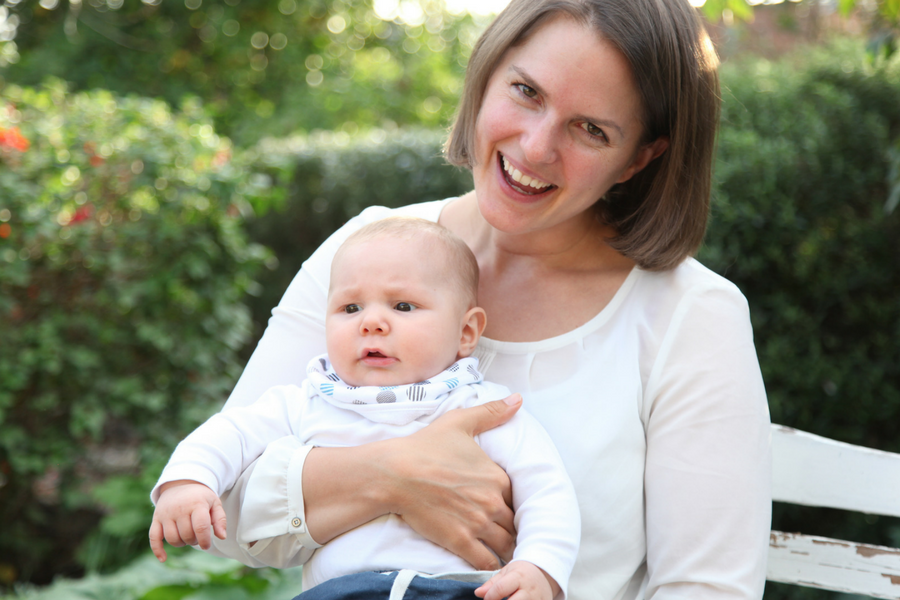

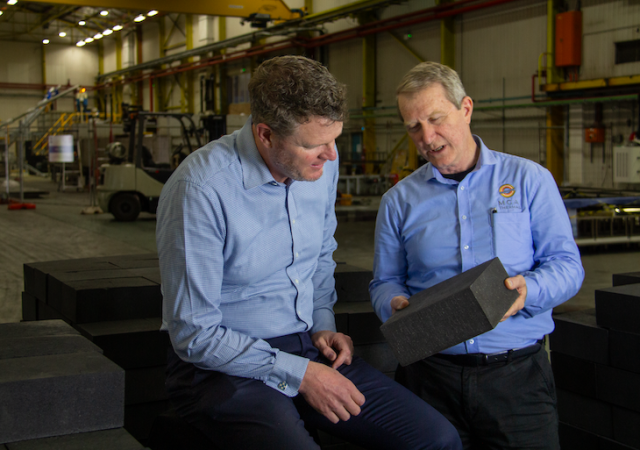


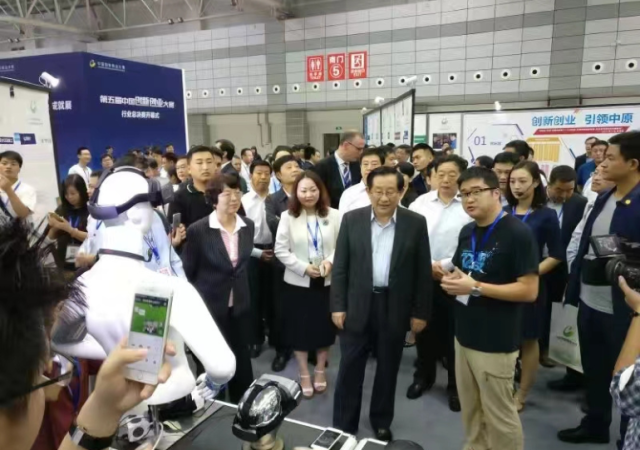

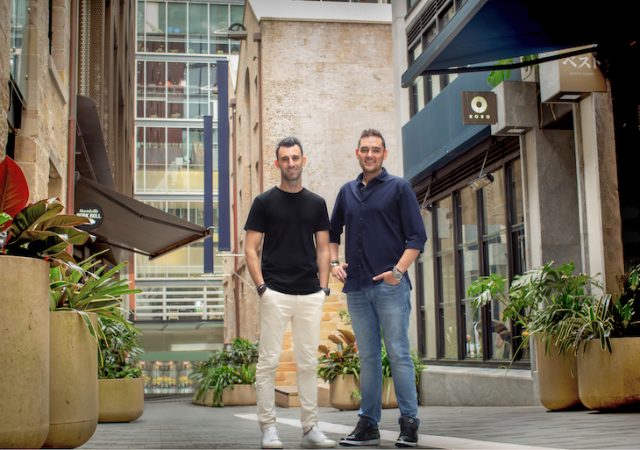
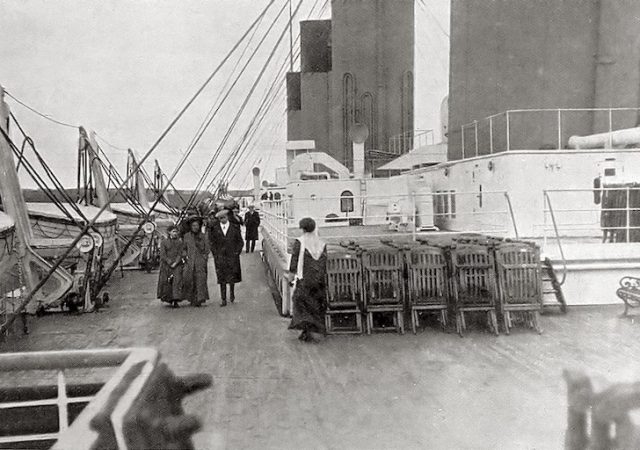
Trending
Daily startup news and insights, delivered to your inbox.